“If I give you a copy of my book,” I said to Henry Kissinger two months ago, “which chapter will you read first?” “I will look myself up in the index,” he replied in that voice that sounded like a cement mixer on the blink, “and start there.” He automatically assumed that a book I had written with General David Petraeus on the evolution of conflict from 1945 to Ukraine would of course make reference to his career, his opinions, his contribution to history. Anything else would be unthinkable.
And of course he was right.
Here is a man who in many ways fashioned the world we live in today, and who also saved us from a much worse one
Lady (Dambisa) Moyo of Knightsbridge had thrown a lunch celebrating the book at her vast townhouse just off Park Avenue and, despite being 100 years old, Henry was there. He seemed to be flagging during the first course, during the general conversation so beloved of Americans, so I gently nudged his elbow and asked him how the present Israel-Hamas struggle differed from the period of the Yom Kippur War. He immediately sprang to life, giving the roomful of the great and the good of Manhattan a masterclass in diplomacy, reminiscing about Golda Meir, King Hussein, Hafez al-Assad and Anwar Sadat, and the three-dimensional chess he had had to play in order to find peace.
We knew, of course, that Henry was not going to be with us for much longer, so we hung on every word, conscious that before long a giant was going to be slipping from the scene. Now that he has, the inevitable controversies have reemerged, about Chile, Cambodia, East Timor and so on. One particularly revolting obituary, in Rolling Stone magazine, is headlined “Henry Kissinger, War Criminal Beloved by America’s Ruling Class, Finally Dies.”
Yet here is a man who in many ways fashioned the world we live in today, and who also saved us from a much worse one. When he was appointed national security advisor by Richard Nixon in January 1969, the United States was losing the Cold War, utterly split domestically over Vietnam, on the retreat across Africa, Asia and Latin America, and failing to show leadership to the rest of the free world.
The next four years saw full-scale war in the Middle East, OPEC’s quadrupling of the oil price, the Watergate scandal, Palestinian hijackings and the Munich Olympics massacre, West Germany pursuing its own “Ostpolitik” appeasement of the USSR, a Pakistani civil war. Throughout, Henry provided the American leadership necessary to keep the western alliance from disintegrating.
Historians of Henry’s career, primarily of course his fine biographer Niall Ferguson, will show how close the US-led West came to general collapse in the early 1970s, and will concentrate on his efforts to stave that off, rather than on the incidents that the left love to fetishize. Even with those, Henry can be seen to have followed realpolitik rather than the right-wing ideology his traducers all too often suppose.
Although Salvador Allende’s communist government in Chile had not yet slipped into outright authoritarianism before its overthrow by the Chilean military on September 1973, it was already on its way, and history shows that all communist regimes wind up as totalitarian states in the end, even when — unusually — they are democratically elected.
Similarly, the bombing of Cambodia happened because so much of the Viet Cong insurgents’ supplies came through that country, and it was pointless trying to fight the Vietnam War unless attempts were made to interdict the enemy’s reinforcement and resupply. Once Henry recognized that war could not be won, he got the best possible peace terms for the South Vietnamese, and it was only congressional recalcitrance that meant that it was not enough. Similarly, the left refuses to acknowledge Henry’s pivotal role in opening up China to the rest of the world, with Nixon visiting Beijing in September 1972. (China had only become a member of the United Nations the previous October).
As someone who had a rather un-American, but very Jewish, love of irony, Henry would have been the first to recognize the possibility that his greatest achievement — the welcoming of China into the comity of nations and world economy — might one day be considered his one great blunder, should America and China fall into what political scientists term “the Thucydidean trap” of a great power rivalry that leads to war. He did not believe that was inevitable, however, and spent a great deal of time and trouble trying to explain both countries to each other.
For Henry was always fascinated by the future. At his 100th birthday party thrown by Jacob Rothschild, he asked whether people thought that Iran could be contained over ten or fifteen years, as though he would be around to see which it would be. The book he co-authored recently with Eric Schmidt about AI is full of prognostications about the rest of the twenty-first century, and the opportunities and dangers posed by robotics. I wonder whether this relentless concentration on the future of mankind helped Henry’s own longevity.
Having such a sophisticated sense of humor constantly got Henry into trouble, especially with academics who refused to accept that he was joking when he made statements such as, “The illegal we do immediately; the unconstitutional takes a little longer.” On occasion his aphorisms captured complex political situations perfectly, as when he said of the eight-year Iran-Iraq war between the twin totalitarian dictatorships of Ayatollah Khomeini and Saddam Hussein, “A pity they both can’t lose.” A lot depended on his sense of comic timing, as in: “Nobody will ever win the battle of the sexes. There’s too much fraternization.” To have Henry and his lovely wife Nancy come round to lunch or dinner was to guarantee that something witty and insightful would be said, worthy of pages of diary entries.
I do hope that Henry did look himself up in the index of Conflict on his way home from Dambisa Moyo’s party, as he said he was going to do. Its fifteen often multi-page references would have reminded him of the centrality of his life and career to the history of the past eight decades since the Nazis tried and thankfully failed to kill him.
Andrew Roberts is the co-author of Conflict: The Evolution of Warfare 1945 to Ukraine. This article was originally published on The Spectator’s UK website.



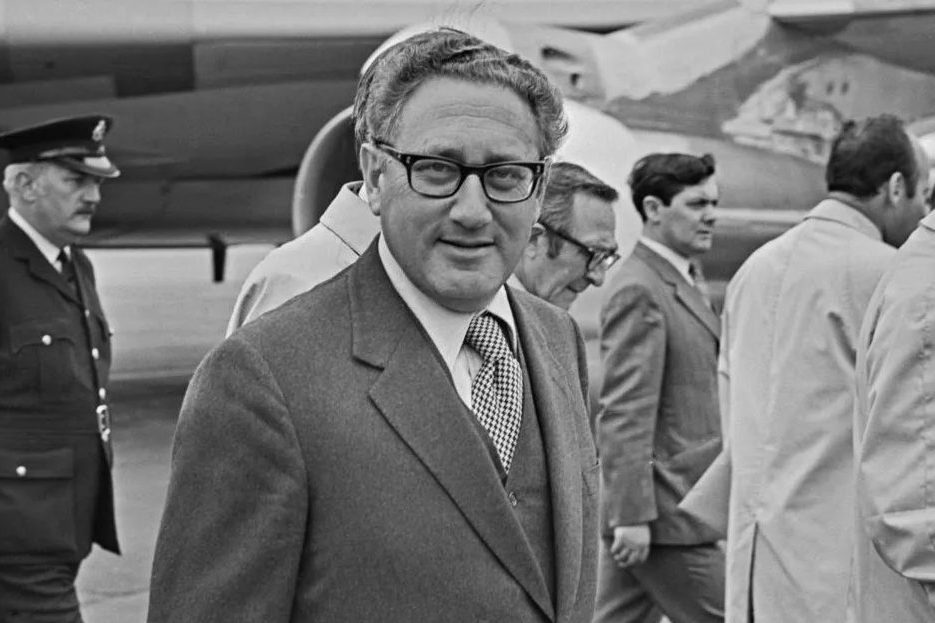






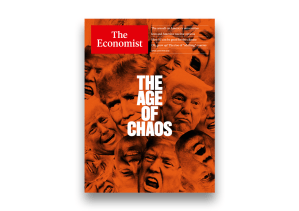
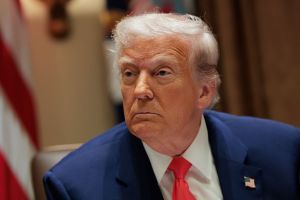

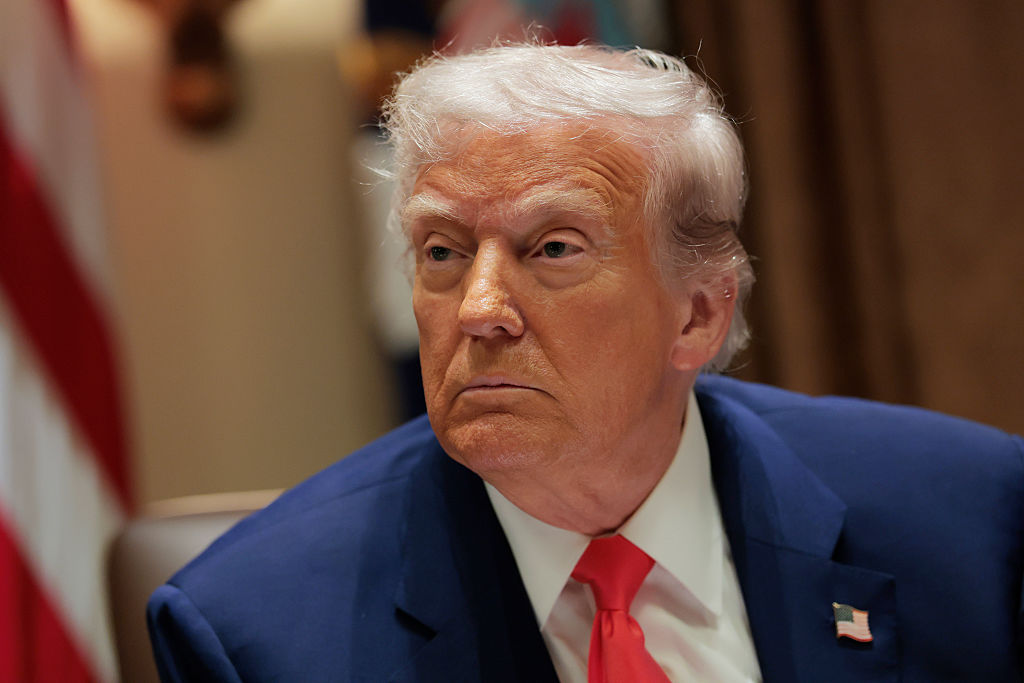
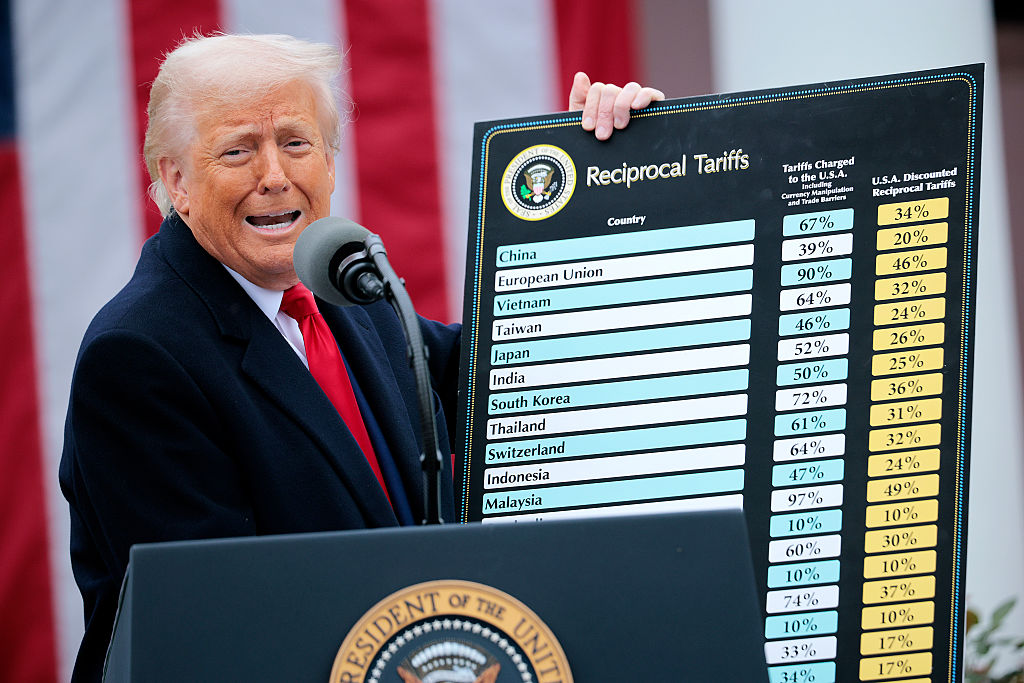
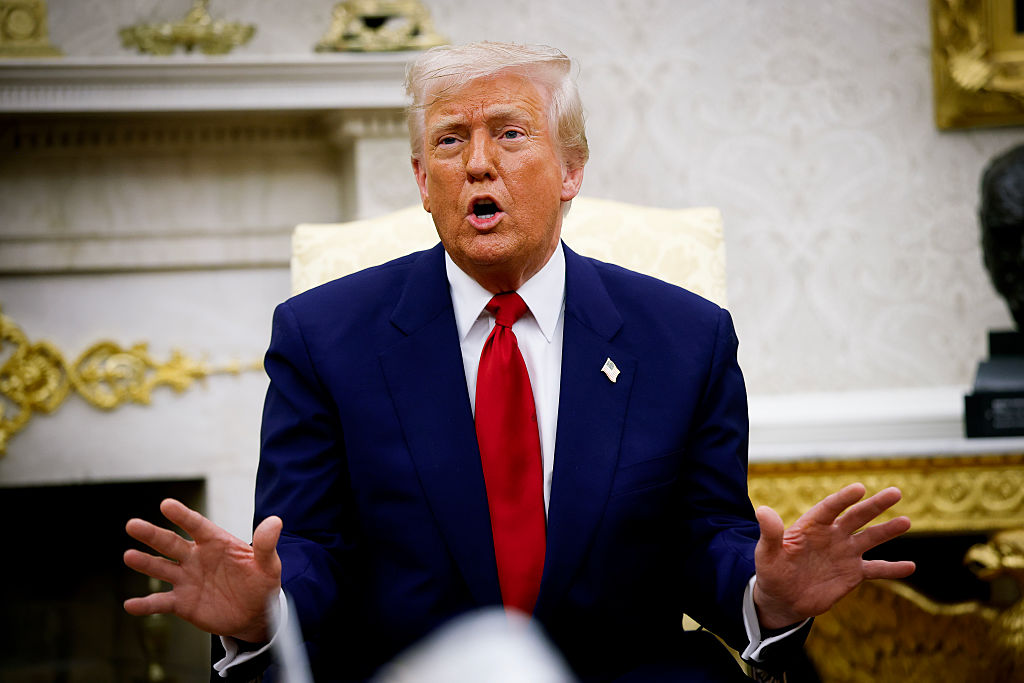
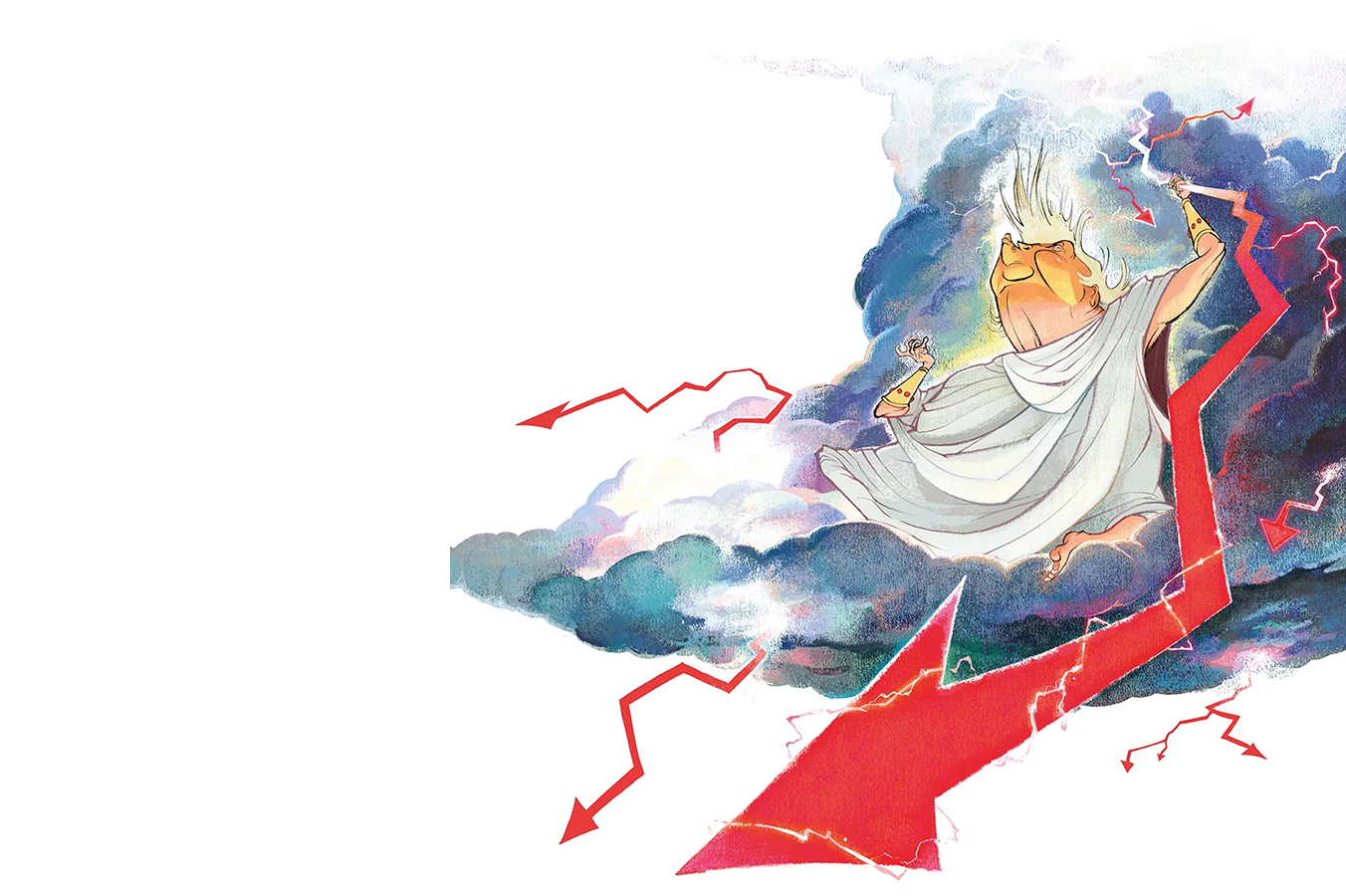
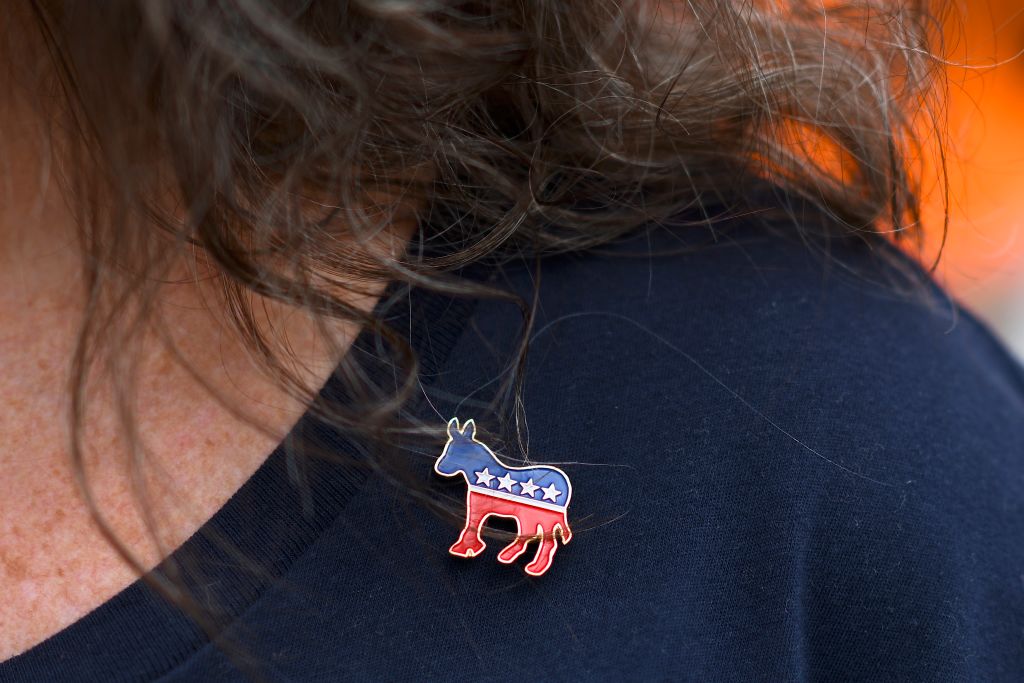








Leave a Reply